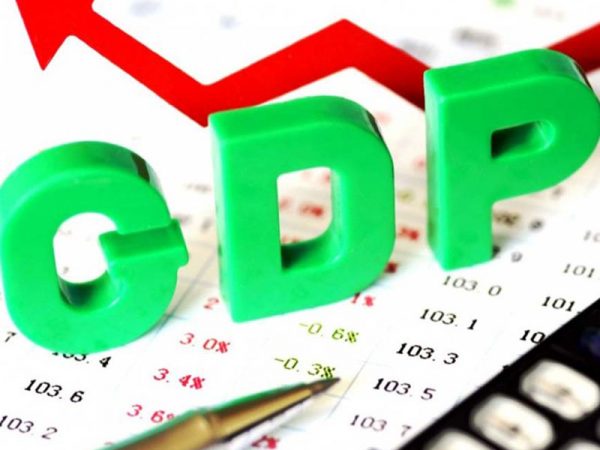Paragraph 1: Anticipated Shift in Nigeria’s Economic Landscape Post-GDP Rebasing
Nigeria’s economy is poised for a significant structural shift with the upcoming rebasing of its Gross Domestic Product (GDP) in 2025. Projections indicate a substantial increase in the services sector’s contribution to the GDP, estimated to range between 55% and 60%, up from the current 53%. This growth is attributed to the increasing prominence of emerging sectors such as fintech, tech startups, digital services, arts, and entertainment, which are expected to be more accurately captured in the rebased GDP. Conversely, the contributions of the oil and agricultural sectors are projected to decrease, with oil expected to constitute between 5% and 10% and agriculture falling below 25%.
Paragraph 2: Implications of the Rebasing Exercise for Economic Growth and Sectoral Contributions
The 2025 rebasing exercise aims to provide a more comprehensive and accurate representation of Nigeria’s economic activities by incorporating previously underrepresented sectors. This inclusion, along with improved data capture methodologies, is expected to offer a clearer picture of the country’s economic landscape, including supply chain dynamics in agriculture and services. However, while the nominal GDP is anticipated to experience significant growth due to the rebasing, this may not translate into corresponding real GDP growth. Prevailing economic challenges, such as inflation and fiscal pressures, are expected to mitigate the positive impact of the statistical adjustments on actual economic performance.
Paragraph 3: Historical Context and Key Changes in the 2025 Rebasing
The last rebasing exercise in 2014 resulted in a substantial upward revision of Nigeria’s GDP, increasing it by nearly 90% due to the inclusion of previously unaccounted-for sectors like information and communication, real estate, healthcare, and professional services. The 2025 rebasing is expected to follow a similar trajectory, incorporating new sectors and activities such as the digital economy, pension funds, the National Health Insurance Scheme, and even previously hidden or illegal activities. This broader scope aims to provide a more holistic view of the nation’s economic output.
Paragraph 4: Cautious Optimism and the Need for Structural Reforms
While the rebasing is expected to paint a more accurate and potentially more positive picture of the Nigerian economy, experts caution against over-reliance on the statistical changes. A larger nominal GDP does not automatically translate to improved living standards or economic prosperity. Analysts emphasize the need for sustained structural reforms, coordinated fiscal and monetary policies, and prudent debt management to ensure that the statistical gains translate into tangible economic benefits. Furthermore, improvements in the Consumer Price Index (CPI) methodology, including broader sector coverage and more comprehensive data collection, are expected to provide a more realistic reflection of inflation.
Paragraph 5: Challenges and Opportunities for Sustainable Economic Growth
Despite the anticipated statistical improvements, Nigeria faces significant economic challenges that require urgent attention. The country has experienced a decline in its global economic standing, falling behind other African nations due to policy inconsistencies, devaluation, low productivity, and stagflation. To reverse this trend and achieve sustainable growth, experts advocate for a multi-pronged approach. This includes addressing the debt burden, improving the country’s credit rating, taming inflation, and fostering a more conducive investment climate.
Paragraph 6: Recommendations for Economic Revitalization
Specific recommendations for economic revitalization include restructuring the government’s capital structure and balance sheet, potentially through the sale of joint venture oil assets to reduce the debt burden and bolster foreign exchange reserves. This, in turn, could help stabilize the naira, lower borrowing costs, and stimulate investment. Ultimately, the success of the rebasing exercise in driving real economic growth hinges on the government’s ability to implement sound economic policies and create an environment that fosters productivity, investment, and sustainable development. Simply revising statistics without addressing the underlying structural challenges will not be sufficient to unlock Nigeria’s full economic potential.














